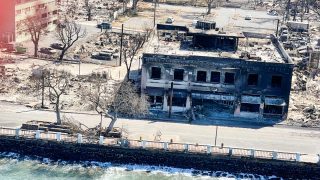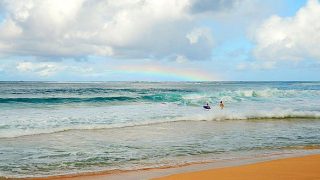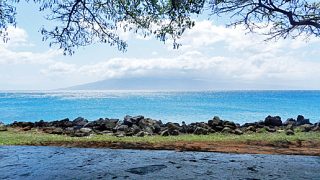Travel insurance can be complicated and confusing. So when is travel insurance appropriate and advisable and when is it just a waste of money?
In the past, travel insurance was often not recommended for domestic travel. That was because airline change fees were minor and hotels allowed cancellations up to the last day.
In today’s market, however, hotel cancellation or change fees can be very significant.
QUESTIONS ABOUT TRAVEL INSURANCE:
1. How much money is at risk and how much am I willing to lose in the event of a trip cancellation or early termination?
2. Will the non-refundable expenses significantly exceed the cost of travel insurance?
This can be a cruise or airline tickets for example. With a cruise, it is a no-brainer. You will want insurance. With airline tickets, perhaps you need to insure them and perhaps not. If you are willing to reschedule your trip in the event something causes you to cancel, then the cost of the change fees are what needs to be compared with the cost of the insurance.
3. Are there pre-existing conditions that I, my travel and business partners, or our families (as defined in a travel insurance policy) have that could force us to cancel or change our travel plans?
If so, then some degree of insurance is definitely advisable, and the terms under which pre-existing conditions are covered must be read and understood.
WHERE AND HOW TO SHOP FOR TRAVEL INSURANCE:
Go to online agencies, such as insuremytrip and travelsafe in order to price out insurance for your planned trip. This is nearly always a better choice than buying travel insurance from a cruise line, airline, or travel agent.
Shopping online for travel insurance will take some familiarization, so start getting used to it. Once you input the details of your trip, the travelers, dates, etc., you will be shown a list of companies (and even more policies) from which to choose. I suggest you start with the lowest price, and compare several, keeping in mind the following:
CONSIDERATIONS:
1. The insurance company’s (Best) rating.
2. The amount of basic coverage of each selected type, plus optional coverages.
3. The specific terms and conditions for each type of coverage.
4. It is usually not necessary to insure all of your trip expenses. With many policies (again it is in the fine print that MUST be read), you can pick and choose what you want and need to cover. If that isn’t clear in the policy, ask (via chat, telephone or email) the online insurance agency.
5. Cruise coverage: insure the entire amount that would be forfeited in the event you need to cancel.
6. Airline tickets: insure the change fees in the event you need to either cancel your trip or change your return dates.
7. Hotel reservations: only insure the amount that would be forfeited in the event of cancellation or early departure.
ADDITIONAL COVERAGES TO CONSIDER:
1. Financial default.
While this hasn’t typically been a problem in Hawaii travel, this coverage can protect you in the event of a provider going under prior to your trip.
2. Travel delays.
This coverage often isn’t that important (and may not pay much).
3. Cancel for any reason.
This type of coverage lets you change your mind and back out. It can often nearly double the cost of your travel insurance, but may be worth considering. Sometimes only a percentage of what you paid is reimbursed, so once again, be sure to read the clause.
4. Medical.
Most mainland medical policies will cover you when you are in Hawaii, so supplementary insurance isn’t typically an issue. Check yours to be sure.
5. Car rental coverages.
Some coverage is available as part of travel insurance. Check with your mainland car insurance company first, to see what, if any, supplementary insurance is needed or advisable. And don’t forget to check into (and read) the car rental insurance that may be provided by your credit card company.
Final Thoughts
Don’t expect an online insurance agency to look out for you in the event of a problem. They may be helpful and I suggest that you talk with them to initially help you narrow the choices and understand each aspect of coverage.
Ultimately, however, the contract is between you and the insurance company itself (not the agency). Your only protection is reading and understanding the policy in advance.
Virtually all policies come with a “free look” period, meaning that you can get your money back within X days if you find that it does not properly meet your needs. If you aren’t sure, it is wise to call and talk with the insurance company during the “free look” and get clarification of coverage issues.
Get Breaking Hawaii Travel News






I know that for us travel insurance is important due to aging parents. You never know when an emergency can come up.
Thanks for your comments, Pua. Jeff enjoyed putting together our first video.
Aloha,
Rob
Aloha Rob,
Great to see that you pick up on such an important issue when traveling Hawaii.
Having been in the vacation rental industry in Hawaii for many years and having experienced guests first hand who had to cancel their expensive trip to Hawaii because of health issues or family emergencies, we definitely recommend visitors to have a Travel Ins. protection plan for their trip to Hawaii.
Hope you won’t need it but it gives you piece of mind! Aloha, Pua